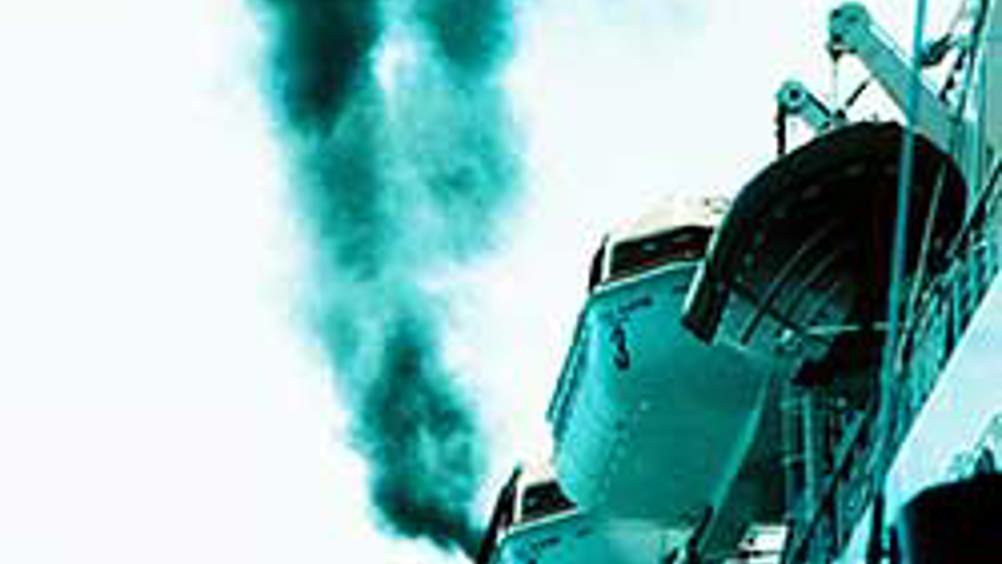Up in smoke
US chemists have measured the impact that dirty smoke from ships can have on the air quality of coastal cities.

Chemists at UC San Diego have measured the impact that dirty smoke from ships cruising at sea and generating electricity in port can have on the air quality of coastal cities.
The scientists say that the impact of dirty smoke from ships burning high-sulphur fuel can be substantial, on some days accounting for almost half of the fine, sulphur-rich particulate matter in the air known to be hazardous to human health.
Most of the sulphur emitted by ships burning a cheap, sulphur-rich fuel called ’bunker oil’ is released as sulphur dioxide, or SO2, a gaseous pollutant which is eventually converted to sulphate in the atmosphere.
But SO4 is also released, and although it may represent a fraction of the total emissions from a ship, these so-called primary sulphate particulates are particularly harmful to humans, because they are especially fine - less than 1.5 microns in size. As a result, they can travel extremely long distances because they stay in the atmosphere for longer periods. Worse still, unlike bigger dust grains and particles that are removed by the body when inhaled, they remain in the lungs.
Register now to continue reading
Thanks for visiting The Engineer. You’ve now reached your monthly limit of news stories. Register for free to unlock unlimited access to all of our news coverage, as well as premium content including opinion, in-depth features and special reports.
Benefits of registering
-
In-depth insights and coverage of key emerging trends
-
Unrestricted access to special reports throughout the year
-
Daily technology news delivered straight to your inbox










Water Sector Talent Exodus Could Cripple The Sector
Maybe if things are essential for the running of a country and we want to pay a fair price we should be running these utilities on a not for profit...